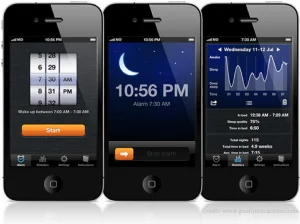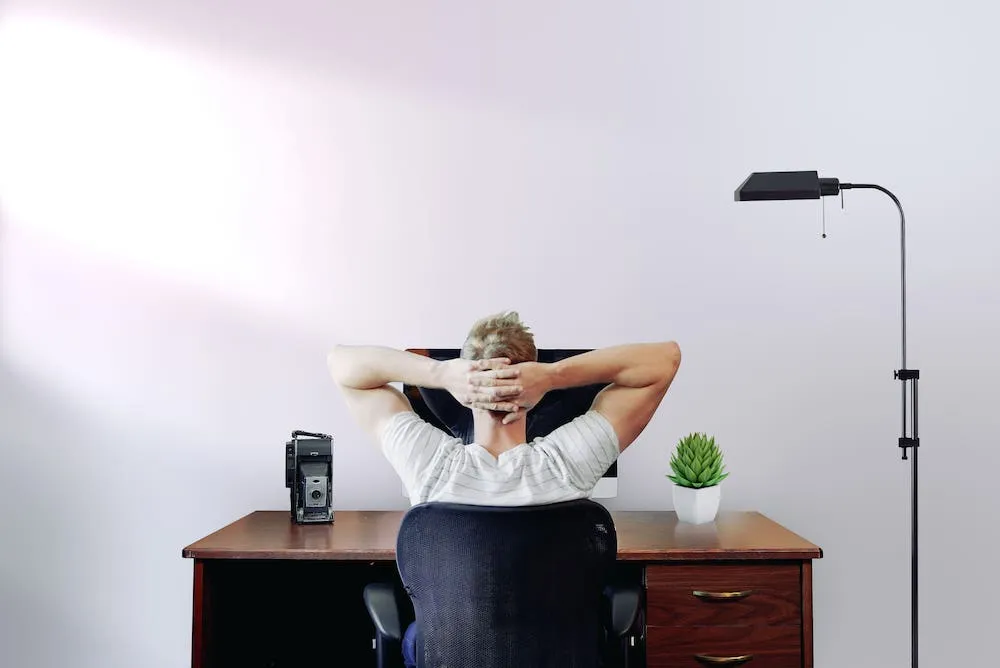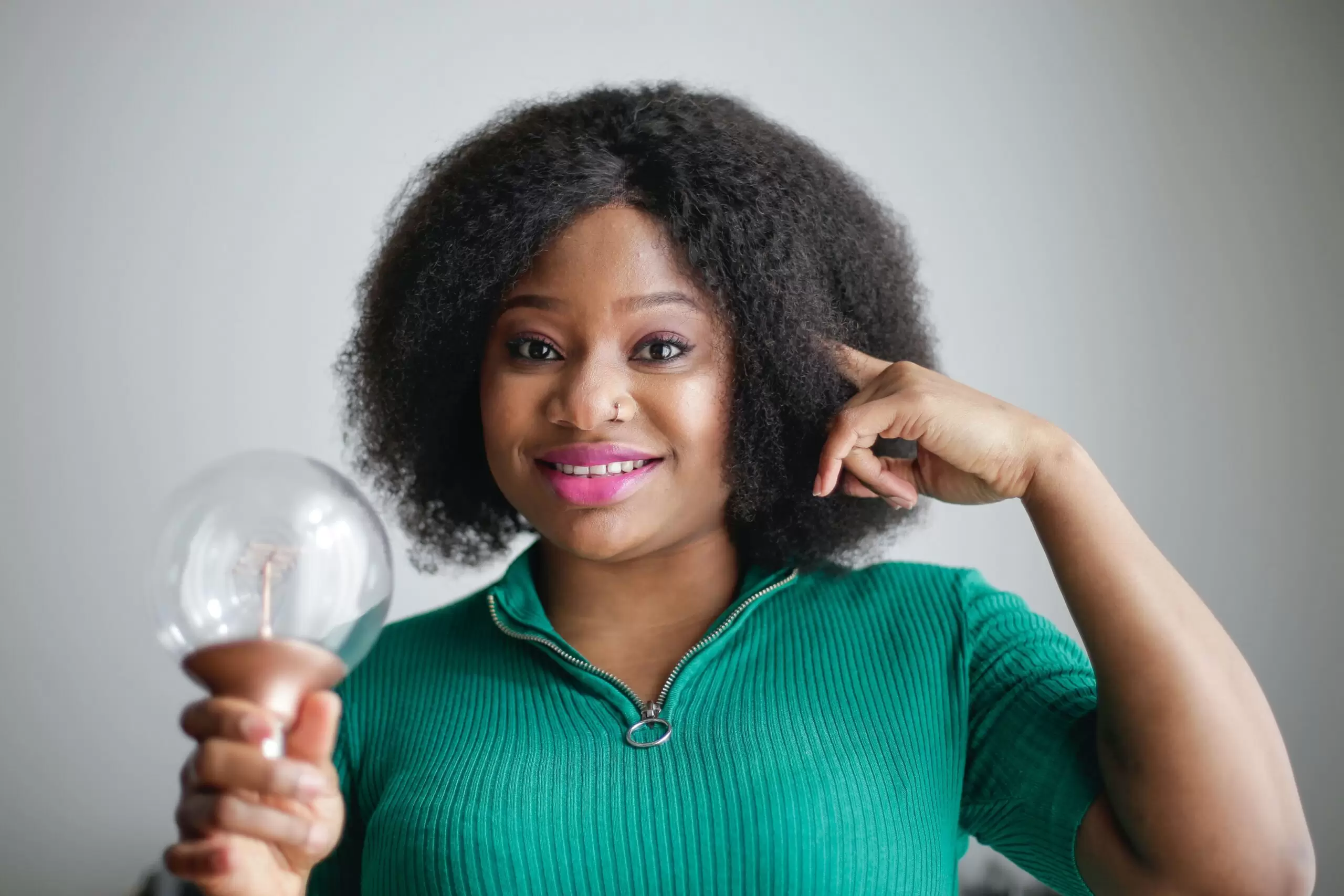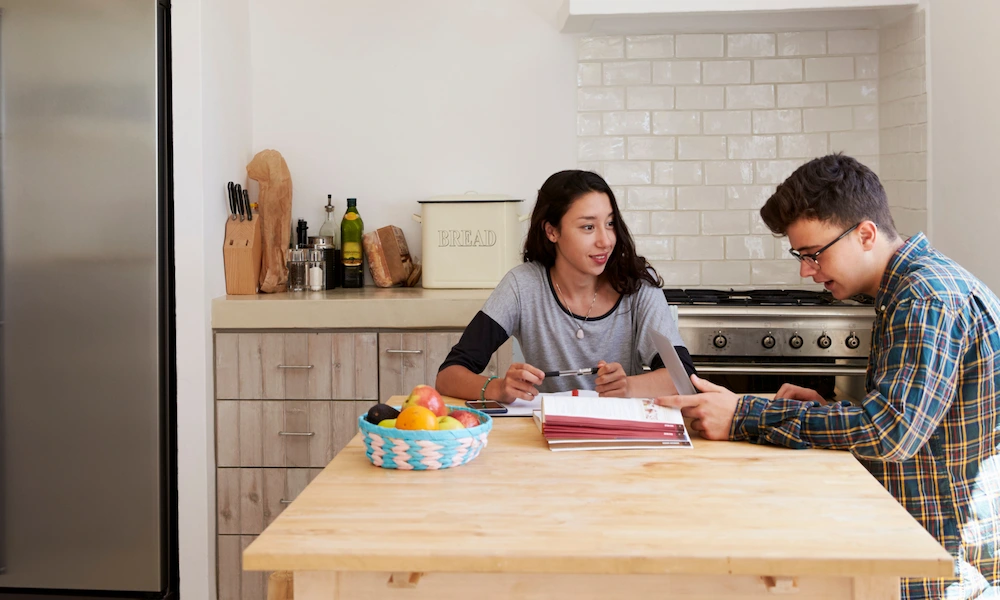Sleep is important. We all know this.
Thanks to PhD students at MIT, we now understand that it is whilst we are asleep that our brain’s prefrontal cortex shifts all of the information we learn in a school day to the file marked ‘long-term memory’, ready to be accessed when those final exams eventually roll around. But as IB students, we also know how easy it can be to sacrifice sleep in favour of keeping up with IA deadlines, ToK, CAS… you name it. When it comes to getting those 8 hours, the technology you use can either be your worst enemy, or your best friend. In this post, we’re going to look at a few ways that you can make sure that your tech is always on your side.
Before checking out our recommendations, make sure to take a look at the following graphic from Mattress Insider! This tells you 61 really interesting facts about sleep that you never knew!
If the sun doesn’t rise before you do, use a daylight lamp to brighten your mornings
Two different biological systems in our brain work together to control our sleep patterns. The ‘body clock’, which sets our circadian rhythm (the 24 hour pattern our physiological processes rotate through), and the ‘sleep homeostat’, which keeps track of how long we are awake for. These systems can easily be hacked by controlling our exposure to blue light, which stimulates certain cells within our brain to produce wakefulness hormones. Daylight lamps such as the Lumie Bodyclock and Philips Wake-Up Light use this quirk to help you get out of bed in the morning, by gradually increasing blue light levels until your alarm goes off. By using a daylight lamp alarm clock to adjust your body clock, you will feel more awake in the morning, have more energy during the day, and feel ready for sleep when it is time for bed! Lots of daylight lamps also have a ‘sunset’ function which can be activated 30 minutes before you need to go to sleep, gradually reducing blue light levels the emits until full darkness is reached. Try reading a book with the sunset feature activated, and find yourself gently lulled to sleep as the light fades.

Banish blue light before bed
By now you’ve probably heard that it’s not a good idea to be staring at a laptop or phone screen during the hour before you go to bed, as this throws off your circadian rhythm. Unfortunately, we all know how addictive Facebook can be, and how nice it is to curl up watching Netflix in bed! If this sounds familiar, one good way to minimise the disruption to your sleep is to download screen filter apps that reduce your devices’ blue light output. Turn on nightshift on your phone and computer if you use iOS, to gradually reduce filter out blue light from your screen as the sun goes down. If you’re an Android user, use the app Twilight.
Go with the flow
Each night when you sleep, you go through a series of different states in 90-minute cycles: from “light” sleep, to “deep” sleep, to REM (Rapid Eye Movement, during which you dream). If your alarm interrupts your sleep during the ‘wrong’ phase (“deep” or REM), you can expect to feel pretty groggy and a bit like a bear with a sore head! Apps can be used to track or calculate your sleep cycles and determine when best to wake you up. Sleep Cycle, for instance, monitors the sound you make while you are asleep, gently waking you at the optimum time within the 30 minute ‘wake up’ window you set for yourself. Alternatively, on the website Sleepyti.me, you can input the time you need to wake up, and learn when you should ideally be going to bed.

‘Calm’ your restless mind
There’s a reason that Calm was named the ‘iPhone app of the year’ and has over 700,000 5-star reviews on the app store. It works.
Many of us go to bed at a reasonable time every night, fully intending on getting 8 hours of sleep, but our minds are still spinning thoughts, and suddenly it’s 3am. Calm is a meditation and relaxation app that is sure to put you to sleep within minutes to the soothing voices of some of your favourite celebrities, from Matthew McConaughey to Stephen Fry.
Of course, you can’t rely on tech alone to ensure you’re getting enough sleep. Things like establishing a bedtime routine, getting enough exercise and not working too late are definitely just as crucial. So don’t try and cut corners! View these 3 tech tips as a means to maximise your sleep efficiency and reach your IB goals!
Click Here for Awesome CAS Ideas!


